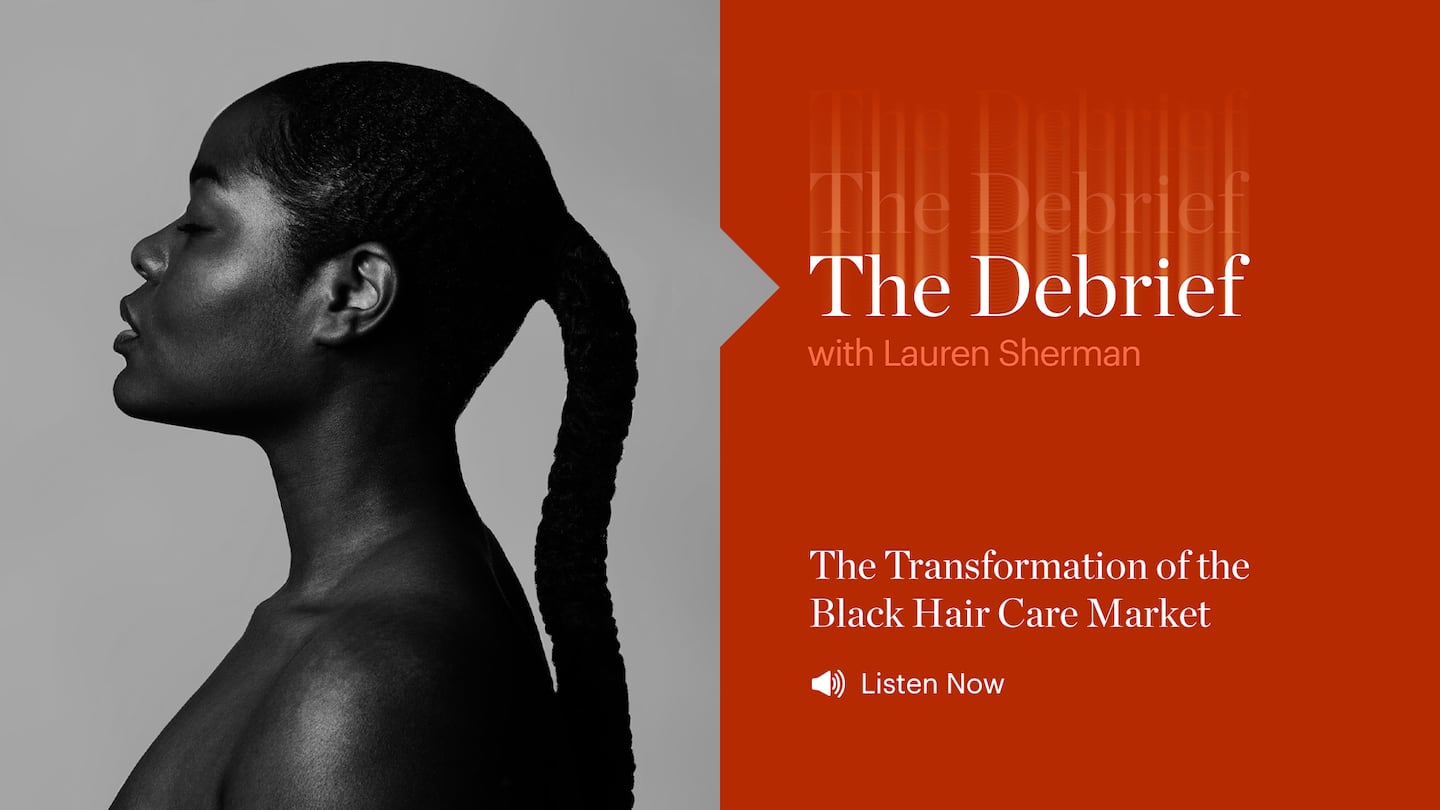
The Business of Fashion
Agenda-setting intelligence, analysis and advice for the global fashion community.

Agenda-setting intelligence, analysis and advice for the global fashion community.

Follow The Debrief wherever you listen to podcasts.
Monique Rodriguez turned a series of Instagram tutorials — where she made hair care concoctions out of ingredients found in her kitchen — into one of the most recognisable multicultural hair care brands in the US, Mielle Organics. The label just secured a reported $100 million non-controlling investment from Berkshire Partners that will help Rodriguez, who is now one of fewer than 100 Black women founders to have secured at least $1 million in funding, scale her business independently.
Products for natural hair is a billion-dollar-plus business in the US, and getting more attention from investors as they start to recognise its enormous untapped potential and historical neglect. At the same time, founders are re-thinking how products are made, marketed and distributed to consumers.
“The next class of Black hair care founders want to flip the narrative arc: this isn’t a segment, this is the market,” said BoF correspondent Sheena Butler-Young. “I think that’s where we’re headed. That’s the goal of these kinds of brands.”
 Opens in new window
Opens in new windowAccording to an email viewed by The Business of Beauty, the company will be on hiatus while it establishes a sustainable path to return as a new company.
The surfing legend, a vocal opponent of chemical-based sun protection, is launching his own line of natural skincare products this week.
While light on obvious social stunts, the 2024 Met Gala still had its share of trending beauty moments this year.
TikTok has birthed beauty trends with very little staying power. Despite this reality, labels are increasingly using sweet treats like glazed donuts, jelly and gummy bears to sell their products to Gen-Z shoppers.